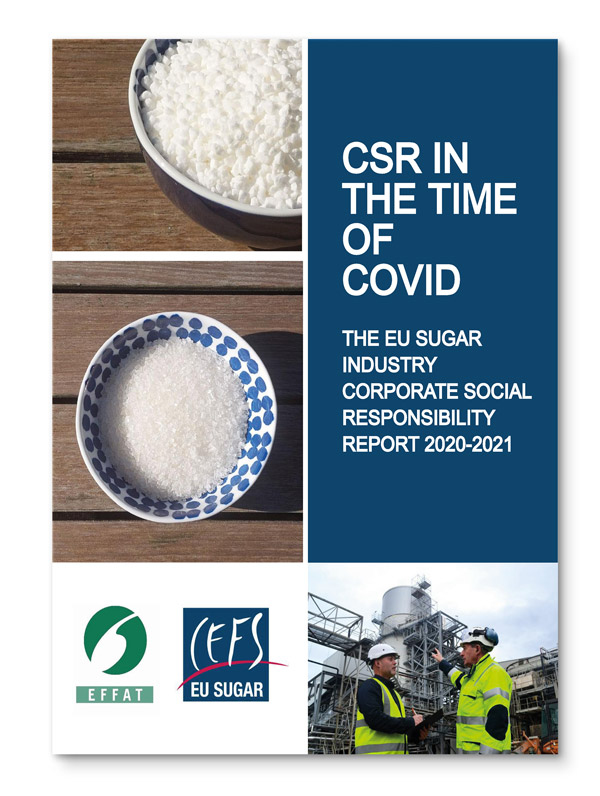At their annual working group meeting between trade unions and employers in the EU sugar sector, the social partners exchanged on the prospects and risks expected to accompany the end of the quota system in 2017.
During the meeting, which was sponsored by the European Commission, it was highlighted that the reform of the sugar sector must be seen in the broader context not only of Common Agricultural Policy reform but also of the EU’s external trade policies.
The EU beet sugar sector is of great importance to the EU rural economy. Within the EU, the sector employs 30,000 direct and 150,000 indirect jobs. In addition, the sector supports the livelihoods of 140,000 sugar beet growers.
The end of production quotas will be accompanied by social consequences within the European Union. Already over the last decade the EU sugar industry closed almost half its factories with the loss of 4.5 million tonnes of production capacity, over 24,000 direct jobs and 165,000 sugar beet growers. These changes affected mainly rural areas.
Outside of the EU, further trade liberalisation threatens preference mechanisms for the African, Caribbean and Pacific countries that currently enjoy duty-free quota-free access to the EU sugar market, and threatens to encourage exploitative and unsustainable sugar production practices in third countries.
The issues are important and give rise to the following salient questions:
How could EU regulation – in particular the Common Agricultural Policy pre- and post- 2020 – support the sector in its efforts to secure future efficiency gains and further increase its competitiveness?
Knowing that the EU will soon have one of the most liberal sugar market markets worldwide, how does the European Commission intend to challenge the trade-distorting support policies of major sugar producers and exporters?
And last but not least,
How does the European Commission plan to manage the social consequences that may arise should sugar prices fall to the levels forecast in the Commission’s medium-term prospects for agricultural markets 2015-2025?
Note: EFFAT and CEFS have a long-standing social dialogue- at European level- over 40 years. Social dialogue consists of an organised and structured dialogue between employers and employee’s representatives on all matters related to the social impacts of the companies’ activities. EFFAT and CEFS have developed tools for innovative good social practices across Europe. Together they are working towards a highly efficient sugar sector, with high quality manufacturing jobs and which is respectful of the environment. Further information can be found on the following websites: sugardialogue.eu sustainablesugar.eu

